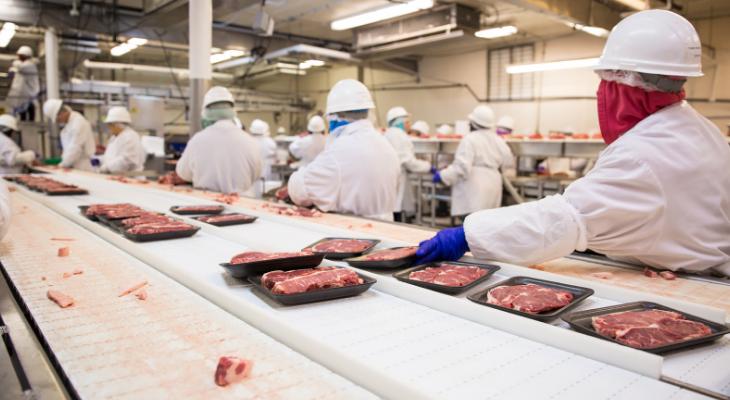How Meatpacking Work and Faith Intersect in the Heartland
November 19, 2021

In the Heartland, things are changing. Over the past century, the expansion of the meatpacking industry in rural areas has created high demand for workers willing to perform difficult and dangerous jobs. In recent years, these positions have been filled mostly by migrants, asylees, and refugees seeking some measure of stability and security in the United States. As they have arrived, the longtime residents have also had to adapt, resulting in a story of survival, change, resistance, and religion. In her new book, “Meatpacking America: How Migration, Work, and Faith Unite and Divide the Heartland,” Kristy Nabhan-Warren documents this transformation. It is driven, she writes, by “the conjoined passions of religious faith and desire to work hard for one’s children and grandchildren in order to achieve a slice of heaven on earth.”
Nabhan-Warren is the V.O. and Elizabeth Kahl Figge Chair of Catholic Studies at the University of Iowa, where she teaches in the departments of religious studies and gender, women’s and sexuality studies. She is the author, previously, of The Cursillo Movement in America: Catholics, Protestants, and Fourth-Day Spirituality. In her latest book, she examines the changing demographics and dynamics of the Midwest and the Plains states during the present era of immigration. Eric C. Miller spoke with Nabhan-Warren about the book for Religion & Politics journal, a project of the John C. Danforth Center on Religion and Politics at Washington University in St. Louis.
Read the full interview here: Religion & Politics.
Share



